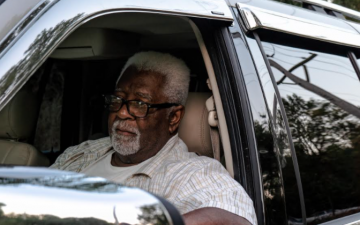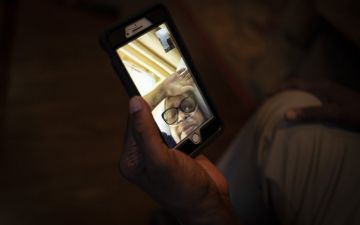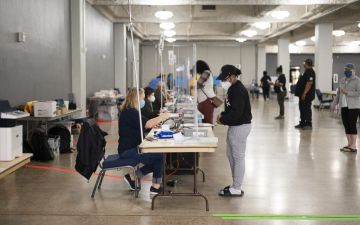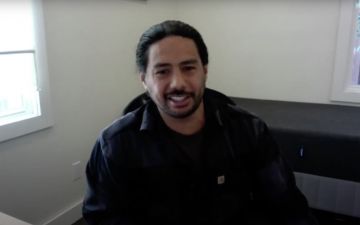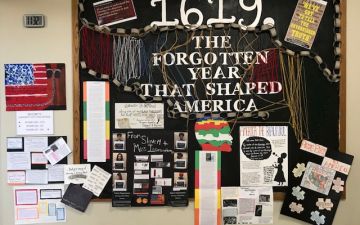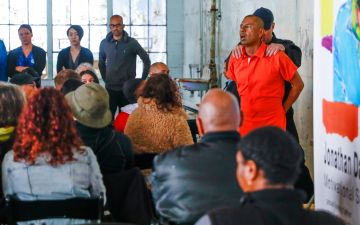In 1619, the first enslaved Africans arrived on North American shores, a crime against humanity that ultimately grew into a robust, violent system that forced millions of Africans into slavery and contributed to centuries of economic growth.
Two hundred and forty-two years later Americans fought a civil war, largely over the question of slavery. By its end, 620,000 were dead. Soon after, the 13th, 14th, and 15th Amendments were added to the Constitution—noble promises that were never fully honored. Jim Crow segregation ruled the old Confederacy. The rest of the country was no stranger either to bigotry, discrimination, and gross injustice.
In 1963, a century after Abraham Lincoln issued the Emancipation Proclamation, Rev. Martin Luther King Jr. stood on the steps of the Lincoln Memorial and spoke of “the fierce urgency of now.” He declared that “Now is the time to make real the promise of democracy . . . Now is the time to lift our nation from the quicksands of racial injustice to the solid rock of brotherhood.” A landmark Civil Rights Act was signed into law in 1964 and in 1965 the Voting Rights Act. Half a century later, Black voters still struggle for access to the ballot. In communities across the country we see police, judicial, and socio-economic practices that mock the very idea of civil rights, sending instead the unmistakable message that Black lives don’t matter. It is long past time for an honest recognition by Americans, especially white Americans, that Black lives do matter.
The markers of racial inequality are seemingly endless. In today’s America, the net worth of a typical Black family is barely one tenth that of a typical white family. Black infants in this country die at more than double the rate of white infants. Black women make 61 percent of what their white male counterparts earn. And perhaps most tragically, this nation, with the largest prison population in the world, incarcerates Black men at more than five times the rate of white men.
At the Pulitzer Center, we take Dr. King’s words to heart: “Now is the time.” We are committed to supporting journalism that addresses the crisis of institutionalized racism—and addresses as well the injustices that confront Indigenous communities, migrants, religious minorities, and other people of color, in the United States and around the globe. We encourage diverse voices and we seek to reach diverse audiences across all our programs. We are also committed to fostering a deeper understanding of these issues through our classroom partnerships with elementary schools, high schools, and universities.
